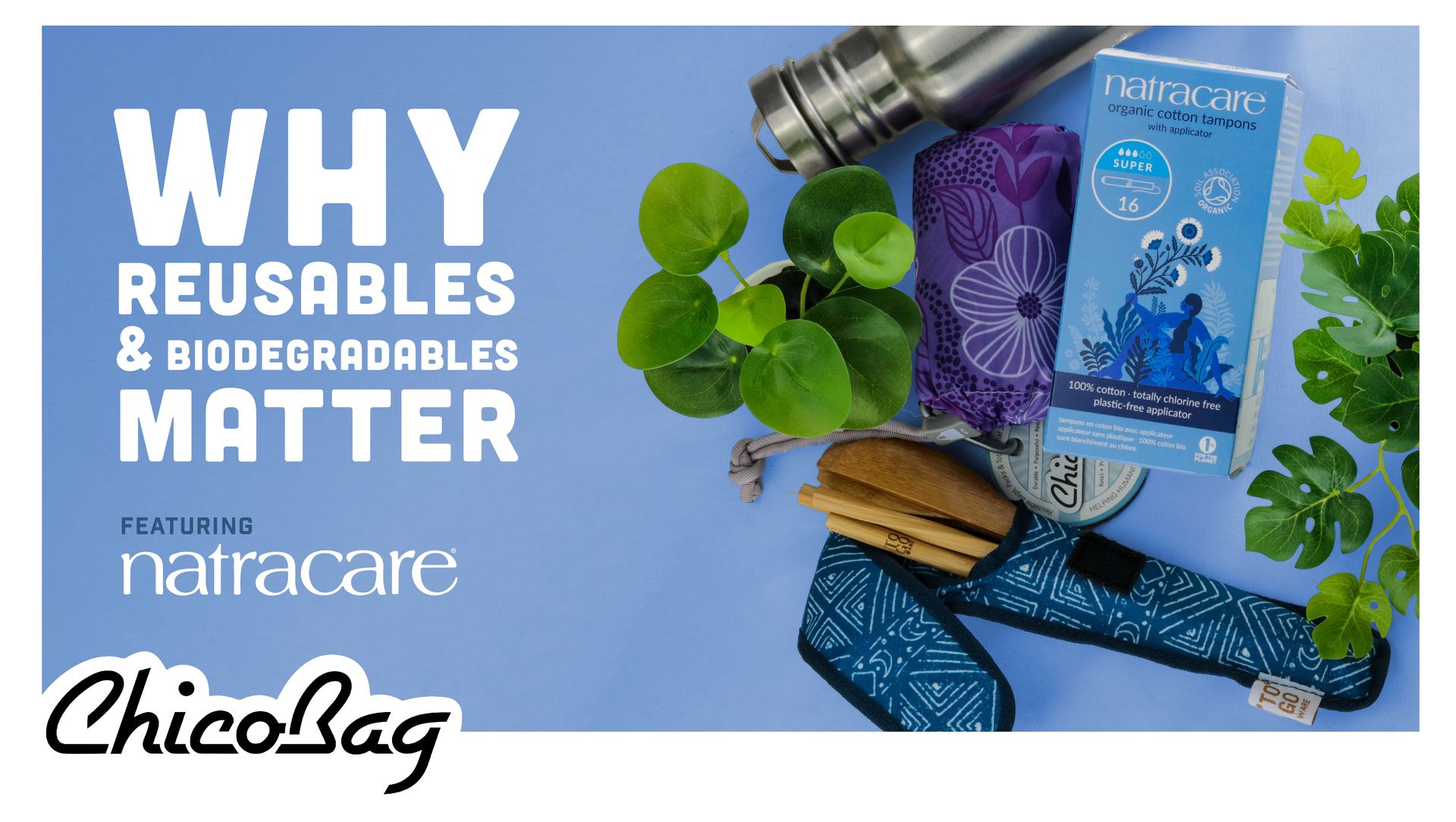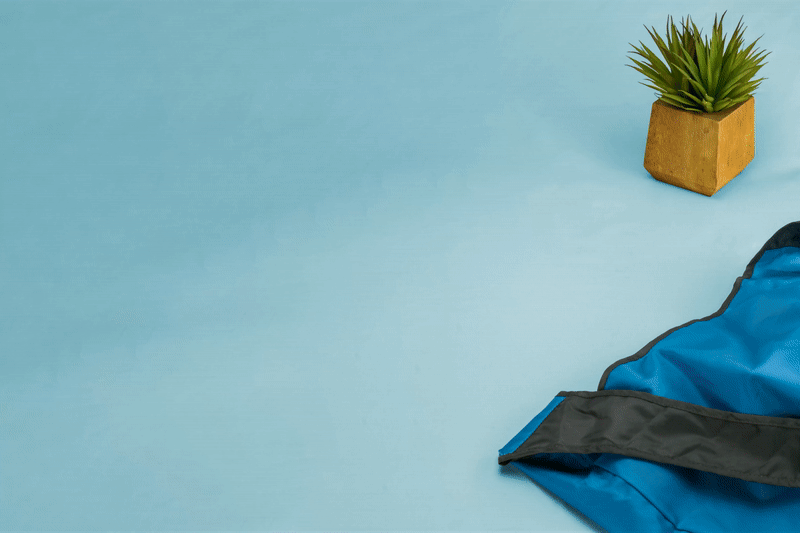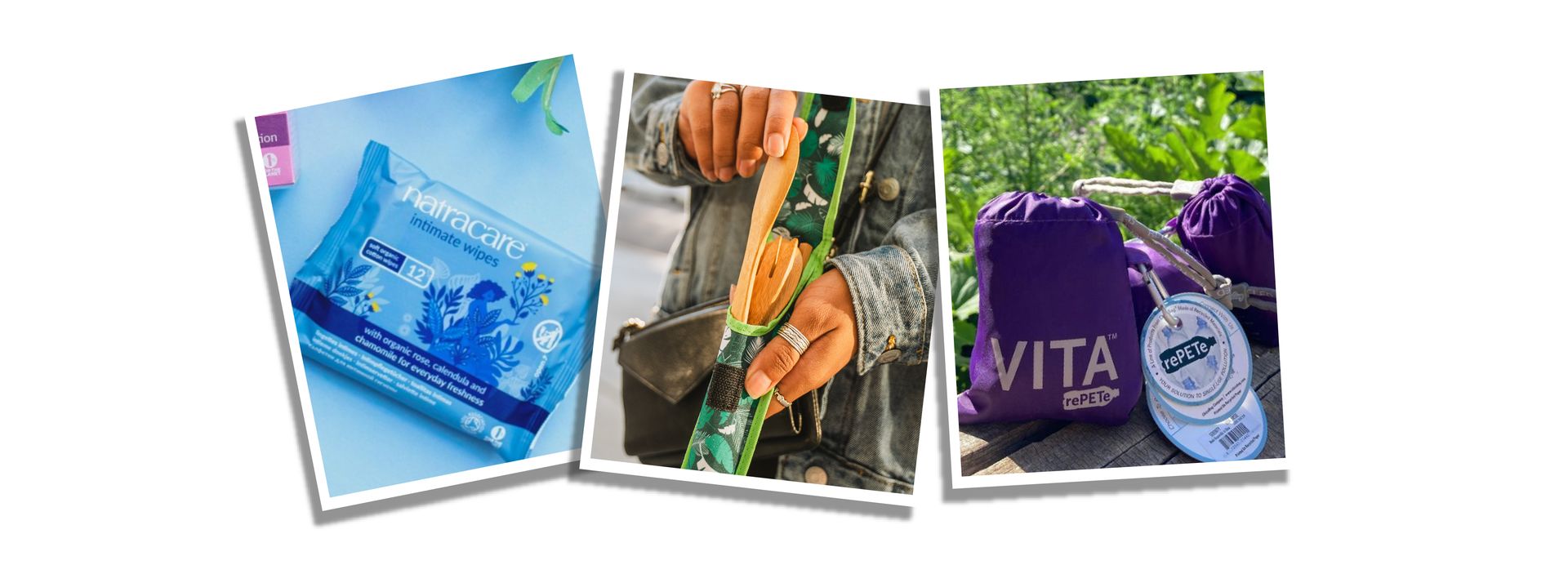
Why Reusables?
Reusables have the ability to reduce the number of new products entering our linear waste system, and thus the amount of energy and resources needed. It also reduces the demand for single-use disposables. However, to be produced, they tend to require more energy and resources than their single-use disposable counterparts. The key to reusables is that they must be reused - and replace the use of disposables - consistently.
When we opt for reusables -- and keep them in use -- we have the ability to reduce our individual waste as well as the demand for more disposables. Reusables do require more energy and resources in production, but if we are able to consistently reuse them and keepthem circulating in the loop, then we can dramatically reduce our footprint.
Why Biodegradables?
When reusables aren’t a viable solution, biodegradable disposables can be. These items typically require less energy and resources to produce than reusables and, when properly disposed of, can biodegrade, returning their nutrients into the system, and closing the loop. Though used as a blanket term, all biodegradable products do not decompose and biodegrade in the same way. Some require industrial composting conditions, while others can easily biodegrade in a backyard or community garden compost bin. When we can responsibly toss biodegradable disposables, we can be confident in drastically reducing our waste footprint, decrease the demand/need for single-use plastic products, and potentially help sequester more carbon into the soil.

4 Swaps for Biodegradable + Reusable Products
- ChicoBags: with the COVID restrictions lifting in the United States, we can get back into using reusable bags at stores. ChicoBags are a great solution because in addition to being reusable, they are made with post-consumer recycled plastic. This means the plastic materials were diverted from the landfills, redirecting resources and helping close the loop.
- To-Go Ware Utensils: Even though many places are limiting reusable cups and mugs, we are able to opt out of single-use plastic. The bamboo utensils by To-Go Ware are made with a regenerative material (bamboo) and are lightweight enough to carry around anywhere.
- Natracare Wipes: Wipes can be helpful for refreshing oneself in the summer heat or cleaning up messes. Yet many wipes are made from plastic materials that are not recyclable nor biodegradable. Natracare wipes are built different -- made with 100% organic cotton, the wipes are not only plastic-free, but also easily biodegradable and compostable.
- Natracare Period Products: Recently Natracare tested the compostability of theirperiod pads byTUV to see exactly how long it takes for them to compost in industrial compost settings. Theirtampons are 100% organic cotton, which is also a naturally compostable material. With the use of plastic in conventional pads and as thin liners around some cotton tampons, Natracare provides a more sustainable solution with their organic and natural period products that is backed by third-party studies.

Waste is not a necessary evil in our life, and not all waste is created equal. Whether it’s through reusables or biodegradable materials, there are many ways to help close the loop and reduce our plastic pollution. To take our understanding of plastic pollution and waste further as a climate and a justice issue, be sure to also check out Natracare’s blog onIntersectional Environmentalism and Why it Matters.